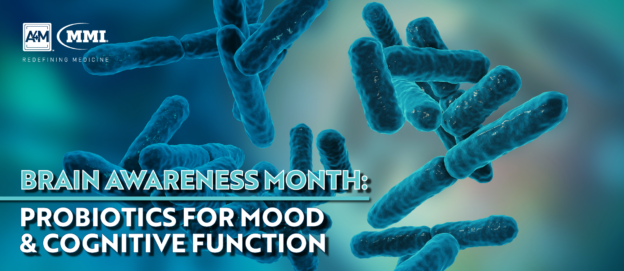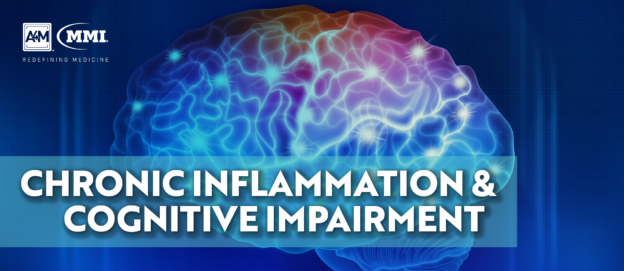June marks the beginning of Brain Awareness Month, a global campaign to raise public awareness of Alzheimer’s Disease and other neurodegenerative conditions. Increased recognition of neurological disorders has led to further clinical research and the discovery of important mechanisms of action, risk factors, and indicators of declining cognitive function. More recently, the medical community has focused its efforts on better understanding the gut-brain axis, or the connection between the human microbiome and mental health. Discoveries continue to implicate the crucial role of the gut in promoting and maintaining cognitive function, mental clarity, and a stable mood.



